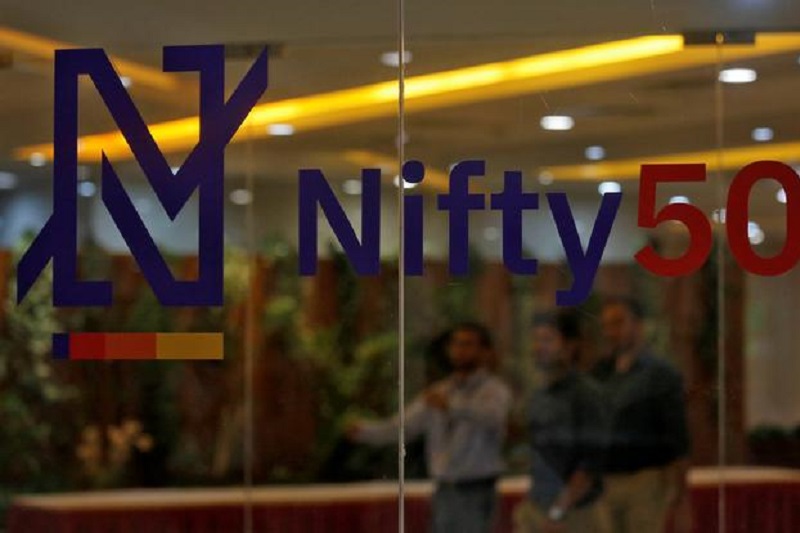By Ambar Warrick
Investing.com-- Asian stocks tumbled on Friday and were set for deep monthly losses as a worsening outlook for the global economy and continued hawkish signals from major central banks decimated appetite for risk-driven assets.
Regional stocks took a weak lead-in from Wall Street indexes, which slumped in overnight trade as investors worried that interest rate hikes by the Federal Reserve will dent the economy. Technology stocks were the worst hit, with tech-heavy bourses in Asia also severely lagging behind their peers in September. Hong Kong’s Hang Seng index shed 14% in the month, while South Korea’s KOSPI and Taiwan’s Weighted Index lost around 11% each.
Japan’s Nikkei 225 was the worst performing Asian bourse on Friday, down 2.1% despite better-than-expected industrial production and retail sales data. A weakening yen and rising commodity prices are expected to weigh heavily on the Japanese economy this year.
The Nikkei was also set to lose nearly 8% in September, its worst month since March 2020, during the onset of the COVID-19 pandemic. Most other regional indexes were set for a similar monthly milestone.
Asian stocks have tumbled this year on growing fears over a slowdown in economic growth, amid hawkish signals from several major central banks and weakening economic prints across the globe.
Pressure on regional stocks is expected to continue as interest rates and bond yields race higher.
Losses in Chinese stocks were somewhat muted after September’s PMI data painted a mixed picture of the economy. The Shanghai Shenzhen CSI 300 index fell 0.2% and was set for a monthly loss of nearly 7%.
While an official reading showed the country’s manufacturing sector unexpectedly grew in September, a private survey contrasted this by showing that the sector shrank more than expected.
Official data also showed that China’s non-manufacturing sector grew at a slower-than-expected pace in September, indicating that a recovery in the world’s second-largest economy was still far away.
India’s bluechip Nifty 50 index rose 0.5% after the central bank hiked interest rates by an expected 50 basis points. But the bank also cut its outlook for local economic growth in fiscal 2022-2023, citing increased inflationary pressures and headwinds from a global economic slowdown.
